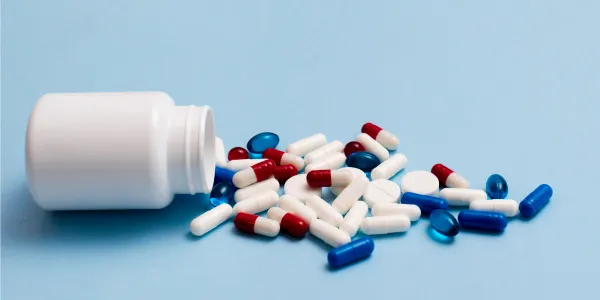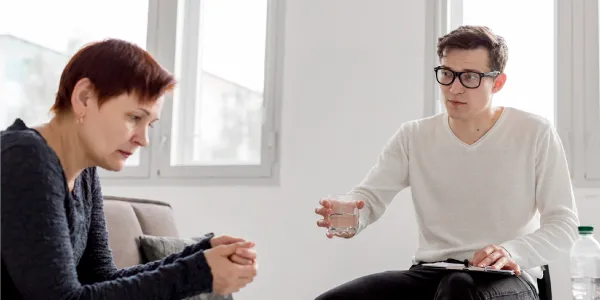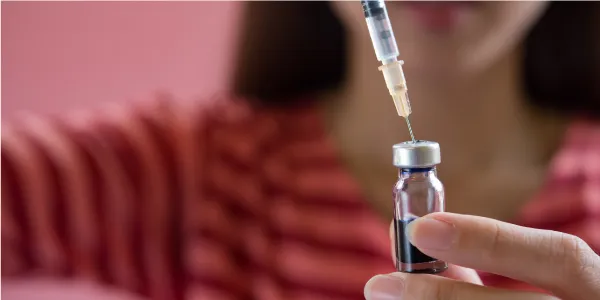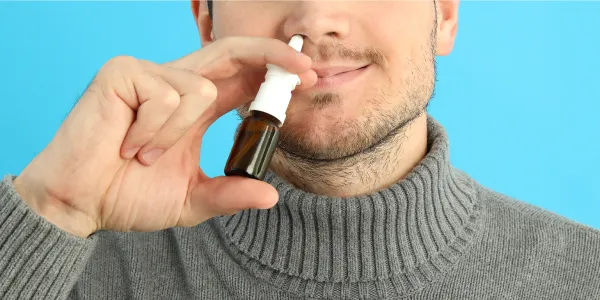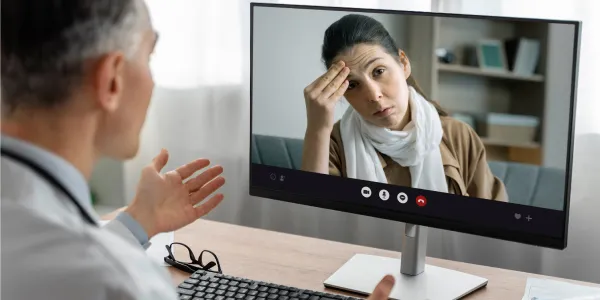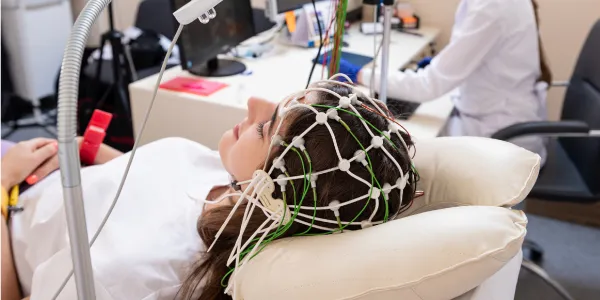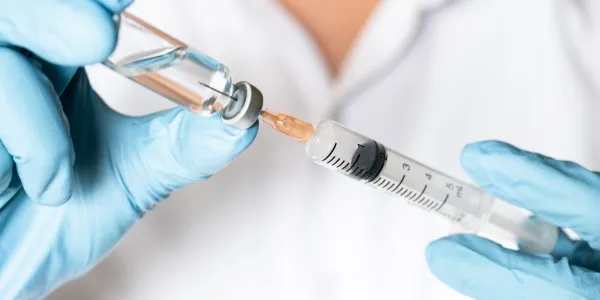Intensive Outpatient Program

What is Intensive Outpatient Program?

Who benefits from the Intensive Outpatient Program?
- Depression
- Eating disorders
- Co-occurring disorder (mental health issue with substance abuse)
Moreover, you’re more likely to benefit from IOP if you have:
- Access to reliable travel service
- Stable and compassionate environment at home
- Insignificant potential for acute intoxication or withdrawal
- Only mild psychological symptoms or treatable mental health issues
- Increased risk of relapse without regular support and monitoring
- Already completed inpatient program or withdrawal management program.



What happens during an IOP session?
When you attend an intensive outpatient therapy, you can expect a structured yet supportive environment that integrates both group and individual therapy components. You meet with a team of multidisciplinary professionals that can be psychiatrists, psychologists, counsellors, or social workers. This collaborative approach ensures that you receive comprehensive care addressing the various aspects of your mental well-being. Intensive outpatient program often starts with a brief introduction, how you are feeling, and what challenges you are dealing with. Our expert team then helps you cope with the emotional and behavioral issues you suffer from.

Therapeutic Modalities Employed in IOP
IOPs employ several therapeutic modalities to address the mental health support you need. These can be the following:
Cognitive Behavioral Therapy
CBT lets you discuss your thoughts and imagination process with our expert therapists. We aim to assist you in finding what is challenging you emotionally. You are taught to learn the link between your thinking process and your actions. You’ll eventually break your negative thought patterns and develop better coping skills to respond more healthily.
Group Therapy
Group Therapy is one of the core components of intensive outpatient services and is led by our expert therapist. Each member of the group gets an opportunity to express their struggles along with their experiences. You get a chance to hear feedback from peers facing similar mental health issues which enhances the sense of connection and chances of long-term recovery.
Medication Management
Medication Management is often integrated into your IOP especially if your mental health condition is expected to benefit from drug treatment e.g., major depression or substance abuse disorder.
Psychoeducation
Psychoeducation is also incorporated in IOPs to educate you about mental health conditions, possible coping strategies, and relapse prevention techniques.
Why Choose us for Your IOP Therapy
Choosing our Intensive Outpatient Program signifies an investment in evidence-based, multidisciplinary care that is tailored to your unique psychopathological profile. Our highly professional and expert team of psychiatrists, psychologists, and licensed clinical social workers delivers targeted interventions utilizing modalities such as Cognitive Behavioral Therapy CBT and Dialectical Behavior Therapy DBT to address maladaptive cognitions and emotional dysregulation. Initiate your journey toward sustained remission and enhanced psychosocial functioning by contacting us today for a confidential assessment and to explore how our IOP therapy can facilitate your recovery trajectory.


FAQs
01
How long does IOP last?
02
Can I detox in IOP?
No. Intensive Outpatient Programs (IOP) do not help with detoxification of substance abuse disorder. Detox requires a more vigorous approach combining psychological and medical supervision to manage your withdrawal symptoms safely.
03
How is the IOP different from inpatient treatment?
Inpatient treatment implies 24/7 care which is provided to you in a residential setting. Inpatient treatment is reserved for those of you who require active interventions with round-the-clock supervision to control your acute symptoms of mental disorder. In contrast, intensive outpatient treatment allows you to stay at home while returning for therapy sessions on a regular basis. IOP is suitable for you if your psychological symptoms are manageable without critical supervision but require constant follow-up.
04
Can I continue working or going to school while in IOP?
Absolutely. IOP is mostly chosen for the flexibility it provides. It is possible to keep your job, and education, or take care of your family while attending therapy sessions. By fitting into your daily life, our IOP schedules allow you to attend both the treatment sessions and take care of your other responsibilities.
Real Stories, Real Recovery





Mental Health Treatments Offered by Mid Cities Psychiatry
Buprenorphine Treatment is a medical intervention primarily for managing synthetic opioid,…
Clozaril is an atypical antipsychotic used to treat mental health conditions like schizophrenia and …
Life can be overwhelming at points where your emotions spiral out of control and relationships…

EMDR
The people you care about might stumble through tough times now and then. Guiding them toward…
Family psychotherapy, also known as family therapy, is a specialized form of counseling that…
At Midcities Psychiatry, our mental health professionals understand the deep impact of…
Individual therapy or psychotherapy is a one-on-one therapy session between you and a licensed…
An intensive outpatient program (IOP) is an organized, non-residential rigorous treatment plan…
Ketamine infusion therapy is an FDA-approved treatment of psychiatric disorders where…
Long-acting injectables (LAIs) are unique formulations of the same psychiatric medications …
Panic disorder is a common and serious mental health issue, but you are not alone. We understand…
Psychiatric medication management covers more than just advising drugs for your mental health issue…
Supportive Psychotherapy is a form of talk therapy that helps people emotionally by suggesting ways to…
SPRAVATO (esketamine) is a prescription drug that we use for adults battling with treatment-resistant…
Addiction doesn’t define you; it’s a challenge you need to overcome with the right support…
We provide you with comprehensive treatment options for mental health issues through…
Welcome to Mid Cities Psychiatry, your absolute companion for mental wellness, located in the heart…
Transcranial Magnetic Stimulation (TMS) is an advanced treatment method that uses a magnetic…
Supportive Psychotherapy is a form of talk therapy that helps people emotionally by suggesting ways to…
Vivitrol injection acts as a long-lasting medication for treating alcohol and opioid dependence…



